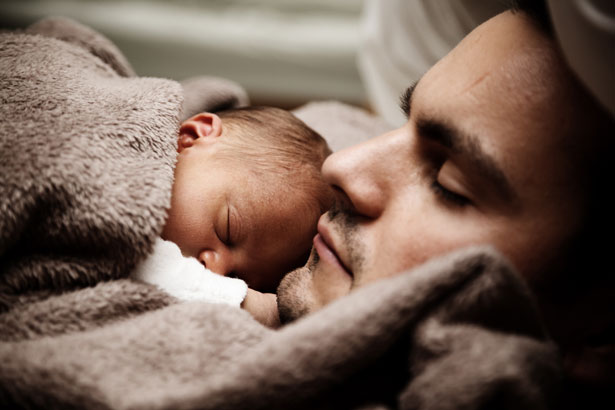A new study shows co-sleeping is rarely the only contributing factor in SUDI
Co-sleeping has long been associated with Sudden Unexplained Deaths in Infancy (SUDI), and new mothers are usually discharged from hospital with strict advice never to share sleeping surfaces with their babies.
But a new study by northern NSW GP Dr Kelly Hamill suggests that co-sleeping is rarely the only contributing factor in SUDI.
A study of the 112 SUDI cases in Queensland over the past decade found that only two infant deaths had co-sleeping as the only risk factor.
Almost half of the SUDI cases analysed involved co-sleeping, but, of these, three-quarters also involved at least one of the three major modifiable risk factors: smoking, drug use or alcohol consumption.
“Current evidence suggests that it is not shared sleeping per se that is risky, but rather the circumstances in which it occurs,” Dr Hamill, who presented her research at GP18 in the Gold Coast this month, said.
Australia’s current Safe Sleeping public health campaign recommends that babies sleep on their back in a safe cot with their heads and faces uncovered.
But the reality is that most parents co-sleep with their babies at some point.
A 2017 survey of more than 1,700 parents found that 75% had co-slept since birth, and that 49% had let their baby sleep next to another person who was asleep in the past two weeks.
Parents often share sleep surfaces with infants either by accident, preference or necessity and some cultures have a strong tradition of co-sleeping.
Shared sleeping carries some risks, but it is also known to enhance bonding and maternal responsiveness, improve settling, reduce crying and improve infant and maternal sleep.
Breastfeeding and co-sleeping were mutually reinforcing and breastfeeding protected against SUDI, Dr Hamill said. “Advocating a blanket ban on co-sleeping fails to recognise the benefits of co-sleeping,” she said.
Red Nose, a foundation that aims to prevent SUDI in Australia, promotes a risk-minimisation approach to co-sleeping. This approach (bit.ly/2ROgsDu) involves educating parents about how to reduce the risk of SUDI if they co-sleep, and is consistent with the Australian College of Midwives’ guidance. Red Nose advises against smoking or use of alcohol and drugs (prescription or illicit) by co-sleeping parents.
Sofas are known danger zones for co-sleeping as infants are usually placed on a parent’s chest and their airway can become obstructed if the parent accidentally drifts off to sleep.
If brought into a bed, infants should be placed on their back and not be put between parents, against a wall, near pillows, lambswool or doonas, as this increases the risk that something will obstruct the baby’s breathing. A safe alternative to co-sleeping was setting up a cot in the parents’ room, Dr Hamill said.
Several studies showed that infants who shared a room with a caregiver during sleep had a 50% reduced risk of SUDI.


